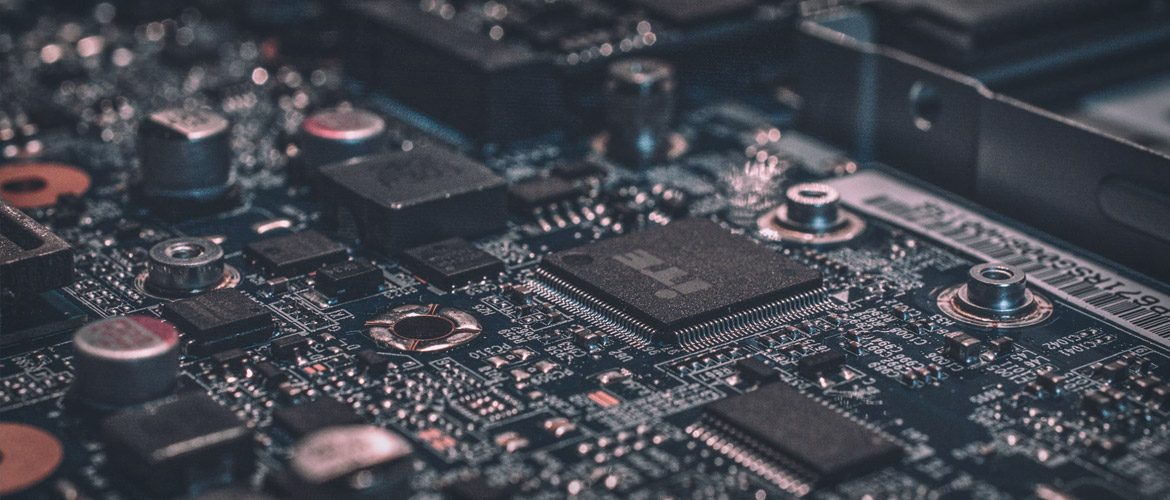
AIOps Trends in 2019


Artificial Intelligence in IT operations (AIOps) is rapidly pacing up with digital transformation. Over the years, there has been a paradigm shift of enterprise application and IT infrastructure. With a mindset to enhance flexibility and agility of business processes, organizations are readily adopting cloud platforms to provision their on-premise software. Implementation of technologies like AIOps and hybrid environment has facilitated organizations to gauge the operational challenges and reduced their operational costs considerably. It helps enterprises in:
Infact, if we look at Gartner’s prediction, by 2022, 40% of medium and large-scale enterprises will adopt artificial intelligence (AI) to increase IT productivity.
According to Infoholic Research, the AIOps market is expected to reach approximately $14 billion by 2024, growing at a CAGR of 33.08% between 2018–2024. The companies that will provide AIOps solutions to enhance IT operations management in 2019 include BMC Software, IBM, GAVS Technologies, Splunk, Fix Stream, Loom System and Micro Focus. By end of 2019, US alone is expected to contribute over 30% of growth in AIOps and it will also help the global IT industry reach over $5,000 billion by the end of this year. Research conducted by Infoholic also confirmed that AIOps has been implemented by 60% of the organizations to reduce noise alerts and identify real-time root cause analysis.
2019 will be the year to reveal the true value of AIOps through its applications. By now, organizations have realized that context and efficient integrations with existing systems are essential to successfully implement AIOps.
Since AIOps need to operate on a large amount of data, it is essential that enterprises absorb data from reliable and disparate sources which, then, can be contextualized for use in AI and ML applications. For this process to work seamlessly, data must be stored in modern data lakes so that it can be free from traditional silos.
Maintaining data accuracy is a constant struggle and in order to overcome such complexity, in 2019, there will be technology partnership between companies to deal with customer demands for better application program interface (APIs).
Organizations are trying to automate menial tasks to increase agility by freeing up resources. Through automation, organizations can explore a wide range of opportunities in AIOps that will increase their efficiency.
Although multi-cloud solutions provide flexibility and cost-efficiency, however, without proper tools to monitor, it can be challenging to manage them. Hence, enterprises are trying to streamline their people, process and tools to create a single, siloed-free overview to benefit from AIOps.
Enterprises are trying to ingest and use real-time data for event correlation and immediate anomaly detection since, with the current industrial pace, old data is useless to the market.
Organizations are trying to induce self-discovery tools in order to overcome the challenge of lack of data scientists in the market or IT personnel with coding skills to monitor the process. The self-discovery tools can operate without human intervention.
Between 2018 to 2024, the global AIOps market value of real time analytics and application performance management is expected to grow at a rapid pace. Also, it is observed that currently only 5% of large IT firms have adopted AIOps platforms due to lack of knowledge and assumption about the cost-effectiveness. However, this percentage is expected to reach 40% by 2022. Companies like CA Technologies, GAVS Technologies, Loom Systems and ScienceLogic has designed tools to simplify AIOps deployment and it is anticipated that over the next three years, there will be sizable progress in the AIOps market.
Please complete the form details and a customer success representative will reach out to you shortly to schedule the demo. Thanks for your interest in ZIF!
Notifications